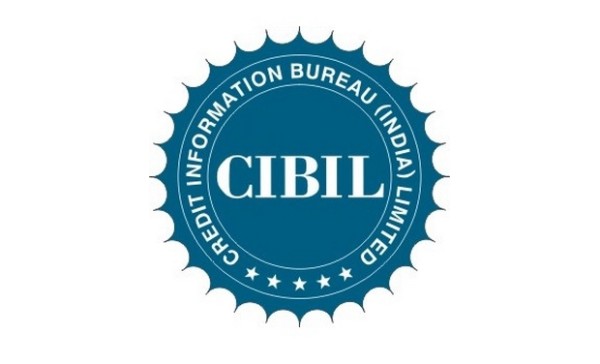CIBIL masking is a process wherein a loan defaulter is given an option, to clean away the past credit history. This is done either by a onetime write off or through a settlement which is then reflected on the borrower’s CIBIL report. This offer for changing status on CIBIL score is called a masking offer.
The original lender to whom the amount is due, calculates and gives the option to the borrower. The borrower settles the amount not to CIBIL but the bank or lender. Then once a no due certificate is generated, the borrower can ask the bank to instruct CIBIL to update the credit report and update the CIBIL score as well.
It is important to mention here that all debt settlements do not lead to CIBIL masking. There have been cases wherein a defaulter is lured into a settlement on promises of improved CIBIL score but in actuality that does not happen. Many times recovery agencies, law firms & other independent agencies might claim that they can update the CIBIL score. But one should be aware that such agencies are not entitled to do so. Only the original bank or the lending agency can do CIBIL Masking.
Main points to note about CIBIL Masking
- A no due certificate does not assure CIBIL masking – There is a general misconception that a no due certificate from a lender will automatically lead to CIBIL masking.
- The offer has to be made in a formal way with a written letter on lending company’s letterhead. Verbal or oral communication has no credence to CIBIL masking. Al though Emails can be used, but it has to be exchanged with a senior level executive of a bank.
- The CIBIL masking offer can only be made by the original lender to whom the loan was due. As discussed above, no other company or institution or person is authorized to make such an offer.
Process for CIBIL masking –
The process for CIBIL masking is quite simple. A person can approach the bank to which loan is due and request for updating CIBIL score. Then negotiate an offer with the lender which has to be put in writing. After clearing all the dues, the borrower gets a no due certificate. CIBIL then takes action and update its records, clearing the borrower’s debt from its records. Finally, the CIBIL score is updated for the borrower. The final record should not show the term ‘written off’ against the loan but ‘account closed’.




